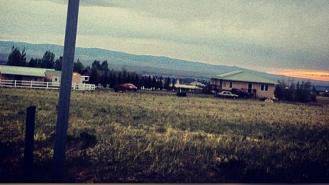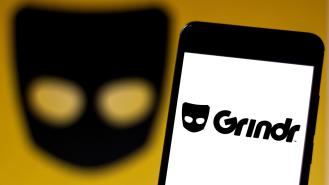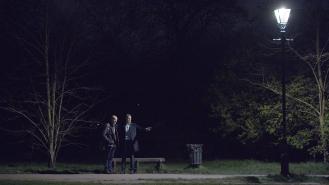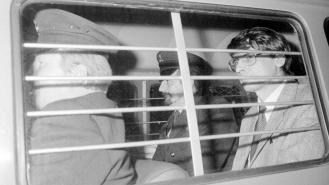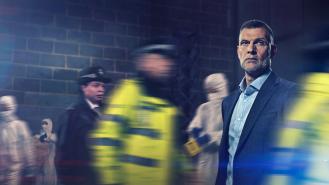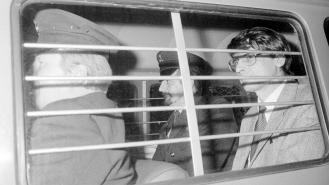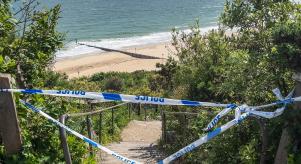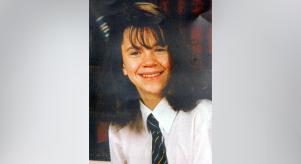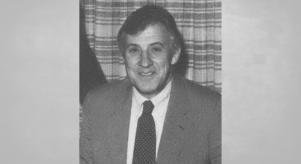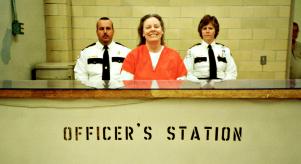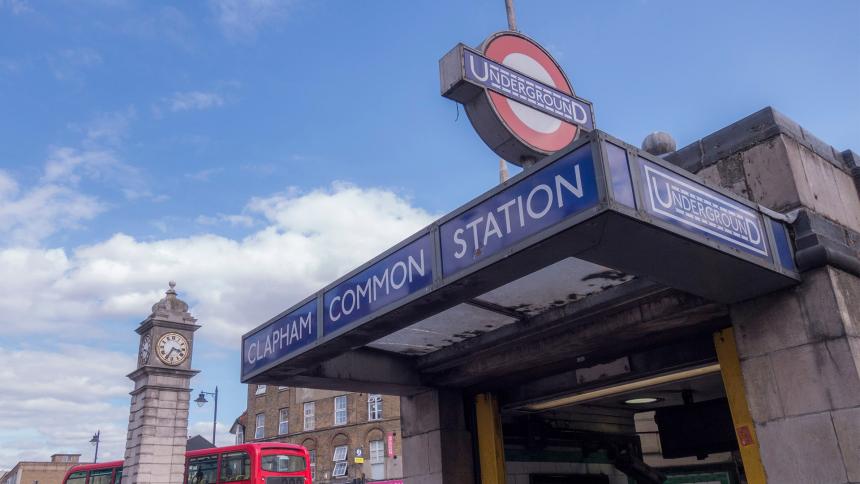
A homophobic attack in Clapham Common: The murder of Jody Dobrowski
It was around midnight on 14th October 2005, when screaming and shouting were heard by a man in London’s Clapham Common. He was able to determine that some of the shouts were homophobic slurs. He followed the sound and came across a man being brutally beaten by two other men. As he said, they were beating him ‘as if trying to kill an animal’.
The man attempted to intervene, but one of the attackers pushed him back before shouting: ‘We don't like poofters here and that's why we can kill him if we want.’ The man backed off and called the police, who arrived in a matter of minutes.
Police scoured the area and they came across an unconscious man in a wooded area. He was bleeding heavily from the face, which was described as ‘a bloody, swollen pulp’. Detective Chief Inspector Nick Scola from the Metropolitan Police stated: ‘Officers who are used to dealing with these sorts of injuries were shocked by what they saw.’
The man was transported to hospital but died from his injuries the following morning. He was identified as 24-year-old Jody Dobrowski. The pathologist could not determine how many times Jody had been hit, but he identified 33 areas of injury to his face, head, ears and neck. He theorised that the beating had been inflicted with fists as opposed to some kind of object.
Jody had been beaten with such brutality that he needed to be identified via fingerprints. Detective Chief Inspector Scola said: ‘This was a brutal attack, which left Jody's face so badly injured that he could not be identified visually, even by those who knew and loved him the most.’
Jody was born on 27th July 1983, in Stroud, Gloucestershire. He was of Polish descent and had moved to London in 2001 where he worked at various local bars. At the time of his murder, he was working as an assistant manager at Bar Risa Jongleurs in Camden, North London, and he lived in Lavender Gardens with two flatmates. He was described by his family as ‘an intelligent, funny, hardworking and beautiful man’.
Jody’s family gathered at the scene of the fatal attack, where his brother, Jake, provided a statement that read: ‘A beautiful and fine young man has been taken from us and the people who did this will never understand the horror they have inflicted on his family and hundreds of friends. We need to ensure that as a civilised society we make sure this doesn't happen again. We would like to thank all the brave people who have helped us.’
The two killers were described as being around 20 of age. One was approximately 6 feet tall with short shaved hair while the other was slightly shorter and stockier. They both spoke with a British accent.
The first point of action for police was to try and retrace Jody’s last-known movements. They were able to determine that he had been with friends that night in Clapham. At around 10:15pm, Jody and his friends parted ways and he was walking through Clapham Common when he was intercepted by his two killers. Due to the homophobic slurs, police determined that Jody’s murder was a hate crime.
The attack came as a chilling reminder to the LGBTQIA community that the threat of homophobic violence was pervasive. That year alone, Jody’s murder was one of 1,306 homophobic crimes reported in London. Some of these other crimes had taken place in Clapham Common. Back in September, two men lured a gay man into the undergrowth and attempted to strangle him with a garrotte. Then in October, another man was beaten unconscious by three men.
Police appealed to the public for information. According to the man who called the police, there were around 10 to 12 other people in the park that night, many of whom had witnessed the attack as well. Police urged these witnesses to come forward. Detective Chief Inspector Scola stated: ‘I would urge anyone who was in the area of Clapham Common late on Friday evening or early Saturday morning to contact the police. We are not interested in what they were doing, we need their help to catch Jody's killers.’
Two days after the murder, two men were arrested in connection with the crime. They were identified as Thomas Pickford, a local homeless man, and Scott Walker, a local decorator. Walker had been out on license after assaulting and threatening to kill his own mother. He and Pickford had become acquainted after meeting at a hostel for ex-offenders.
The investigation revealed that Pickford and Walker had a ‘pre-meditated plan to attack a gay man’ on the night of Jody’s murder. In fact, just a couple of weeks earlier, they had attacked another gay man in the same area.
On the night of the murder, Pickford and Walker had been drinking before walking through Clapham Common in pursuit of a victim. They approached Jody and began to hurl homophobic slurs at him before Pickford threw the first punch and Walker joined in. During the frenzied attack, Walker stuffed Jody’s sock and shoe in his mouth.
In 2006, both Pickford and Walker pleaded guilty to the homophobic murder of Jody. The sentencing phase was to follow and new legislation was implemented to increase life sentences for murders motivated by
. Typically, a life sentence carries a tariff of 15 years but with this new legislation, this could be increased.
During the sentencing phase, Judge Brian Barker said to the two killers: ‘It was Jody's tragic misfortune to cross your path. You subjected him to mindless abuse and showed him no mercy. In those few seconds you took from him the most precious possessions - his life and future.’
He continued: ‘It was a political act. It was an act of terrorism. Jody was not the first man to be killed, or terrorised, or beaten or humiliated for being homosexual - or for being perceived to be homosexual.’
Pickford and Walker were both ordered to serve a minimum of 28 years in prison. As the sentence was imposed, Jody’s family erupted in applause. They were all in court wearing sunflowers as a mark of respect and solidarity.
Outside of court, the family provided a statement that read: ‘In a free and democratic society, Jody's murder was an outrage. Jody was not the first man to be killed, or terrorised, or beaten, or humiliated for being homosexual - or for being perceived to be homosexual. Tragically, he will not be the last man to suffer the consequences of homophobia which is endemic in this society. This is unacceptable. We cannot accept this. No intelligent, healthy or reasonable society could.’
In the wake of the murder, the community wanted to do something to pay tribute to Jody. Over £1,000 was raised for a memorial bench that was erected in Clapham Common. It reads: ‘In loving memory of Jody Dobrowski. 27 July 1981 to 15 October 2005.'
